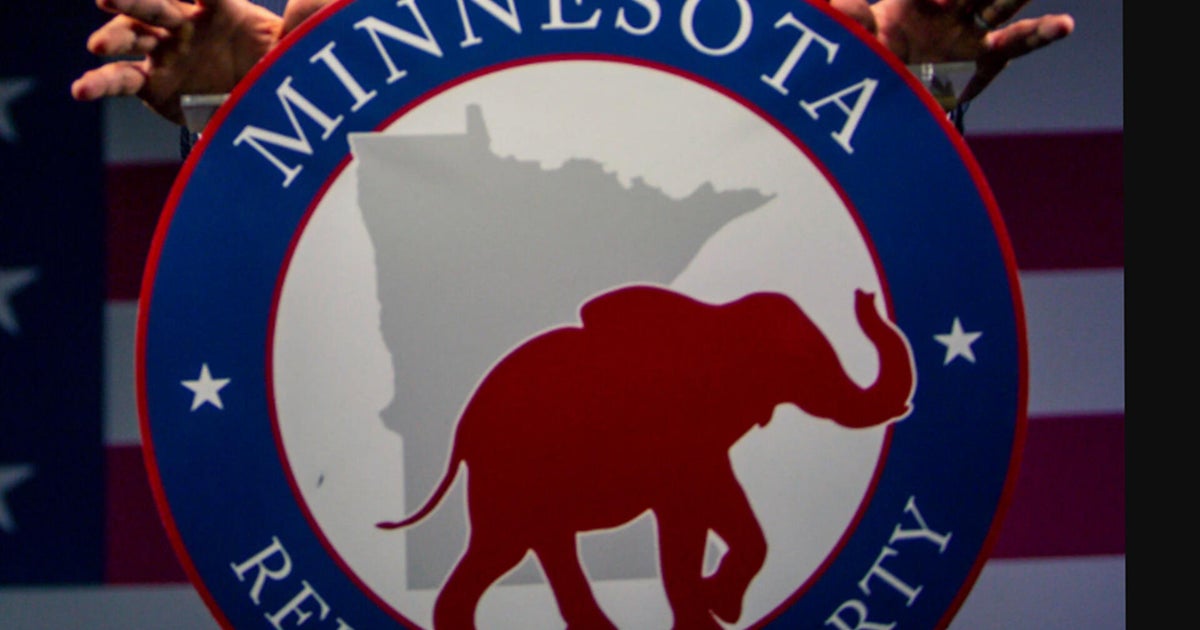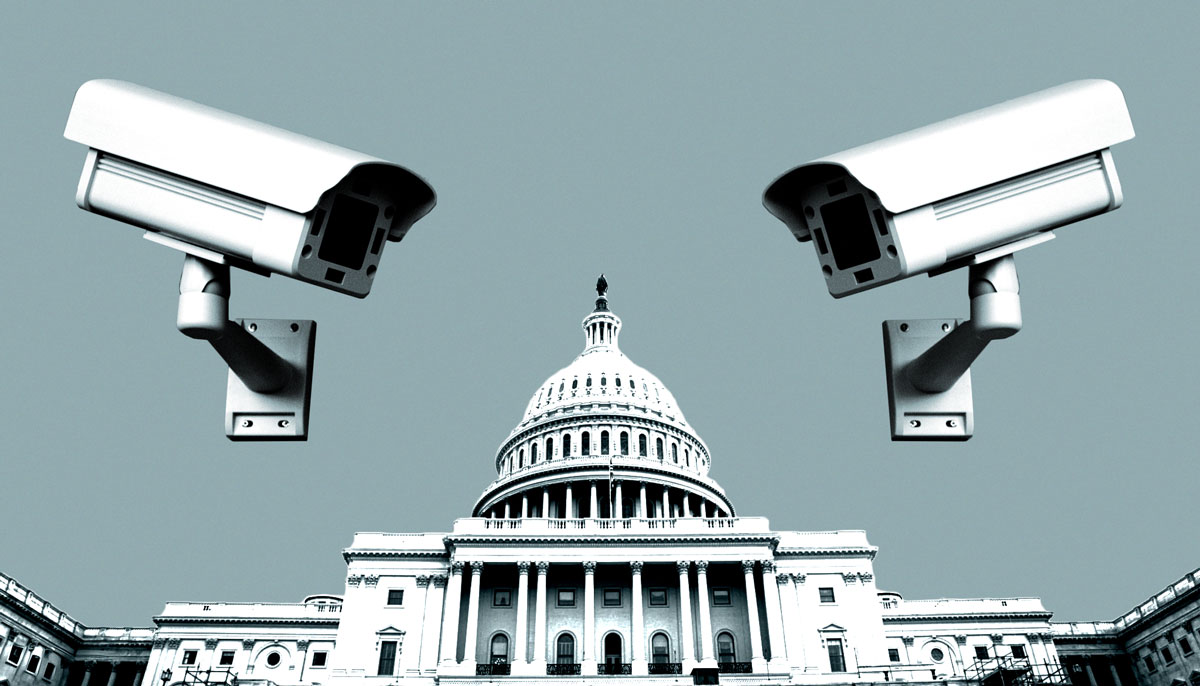These states will still have protections for renters when the federal eviction moratorium ends
As the federal eviction moratorium ends, residents of some states will still be protected from evictions over the next few months. At least a dozen states and the District of Columbia will have a moratorium or some other rental protections to help keep people from losing their homes as officials scramble to assist millions affected by the coronavirus pandemic.
The federal eviction moratorium ends July 31. More than 7 million households are behind on rent, according to the latest Census Bureau survey data, released in early July.
Several states, however, will continue to have measures in place to help renters after Saturday. Hawaii's eviction protections run through August 6 and Maryland's, through August 15. Illinois and New York have protections through the end of August. California renters are protected through September. In New Mexico, the state Supreme Court would have to lift the moratorium and in New Jersey, renters can't be evicted until 2022.
Several states are phasing out bans. Minnesota banned evictions through mid-August unless the tenant "materially violated" a lease, not including not paying rent. In September, Minnesota renters can be evicted if they are not eligible for rental assistance. All eviction and lease provisions in the state are lifted in October apart from those whose rental assistance is pending.
In Washington, the governor announced what he called an eviction moratorium "bridge," which doesn't extend the moratorium but would help renters and landlords until they could get rental assistance.
Congress allocated $46 billion in rental assistance to help hard-hit tenants pay back rent and utilities and make landlords whole. But only $3 billion had gotten to them by the end of June. The National Council of State Housing Agencies projected another $1 billion from state programs alone would go out in July.
Some states and counties struggled to get new systems to distribute the money up and running, delaying applications and payments from getting to struggling tenants. As the moratorium comes to an end, several states have implemented additional plans to help people waiting for funds to come through.
Legislation in Massachusetts and Nevada delay evictions for those who've filed for rental assistance. New York has a similar effort. In Oregon, tenants are protected from eviction within 60 days of applying for rental assistance.
"States and localities can and should establish their own moratoriums to prevent a wave of evictions and slow the spread of COVID and should move quickly to provide emergency rental assistance to those who need it," said Alicia Mazzara, senior research analyst with the left-leaning Center on Budget and Policy Priorities. But she called moratoriums and emergency assistance "band-aids for a much bigger problem."
Housing experts have asked lawmakers to address the issue of affordable housing in the U.S. Some proposals include expanding access to housing vouchers, as well as new spending to provide affordable housing to low- and middle-income Americans.



